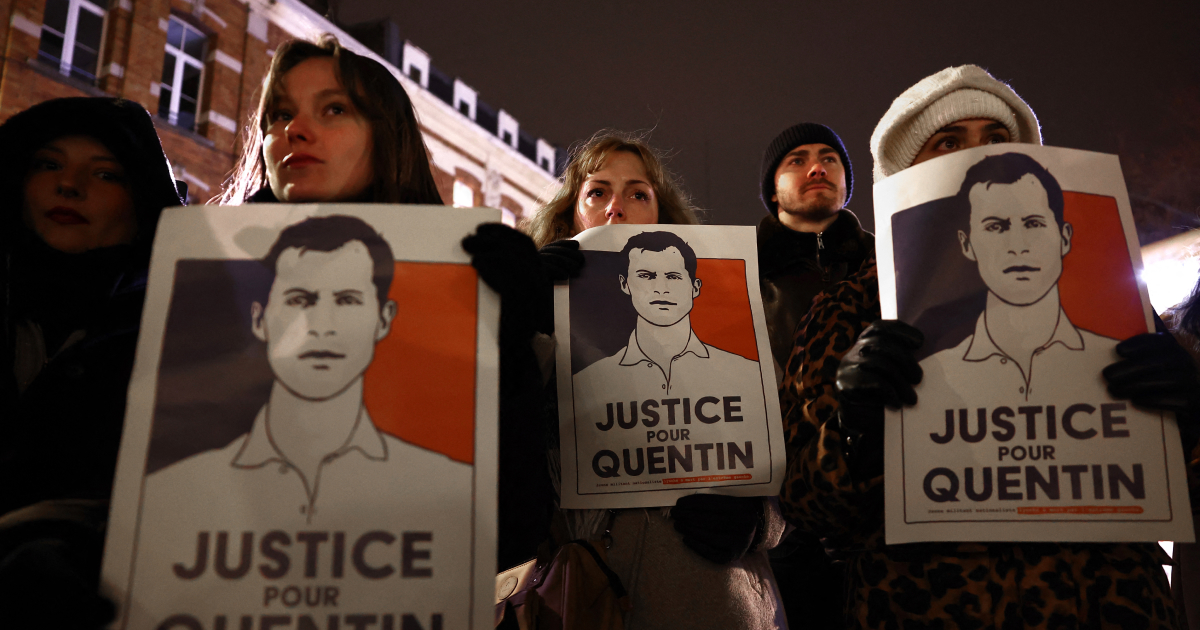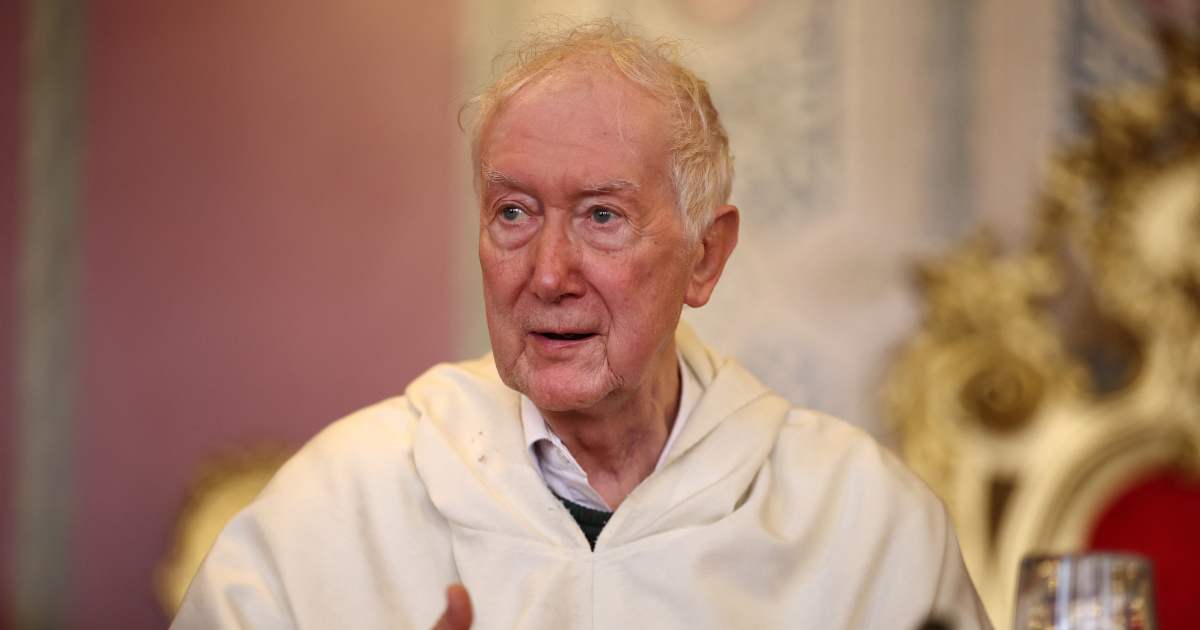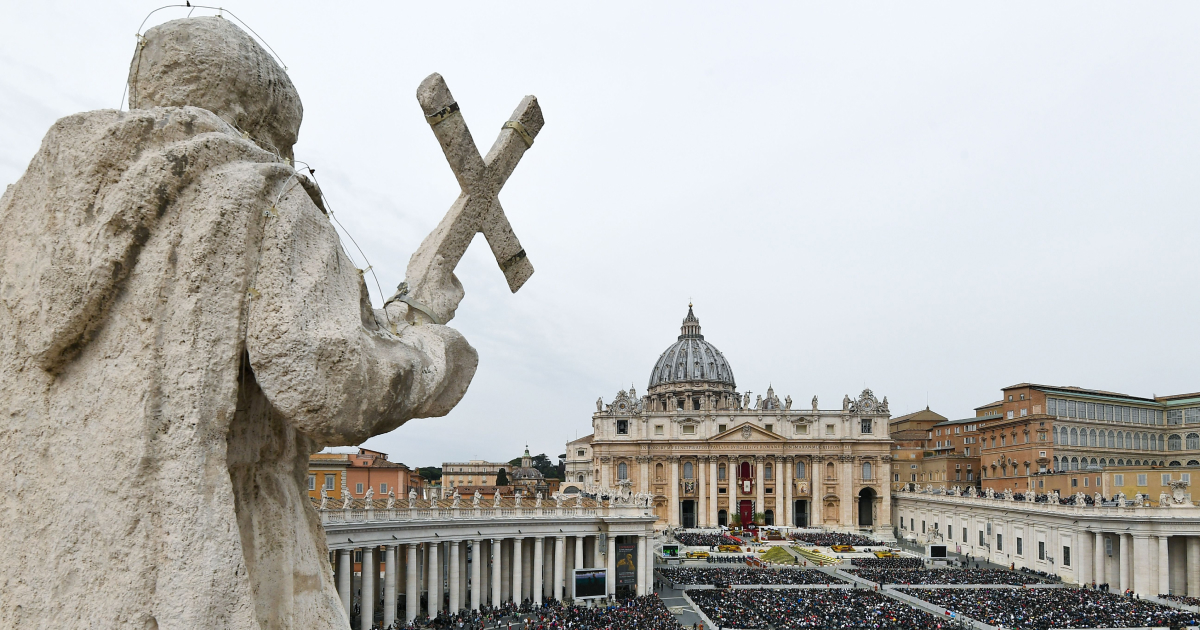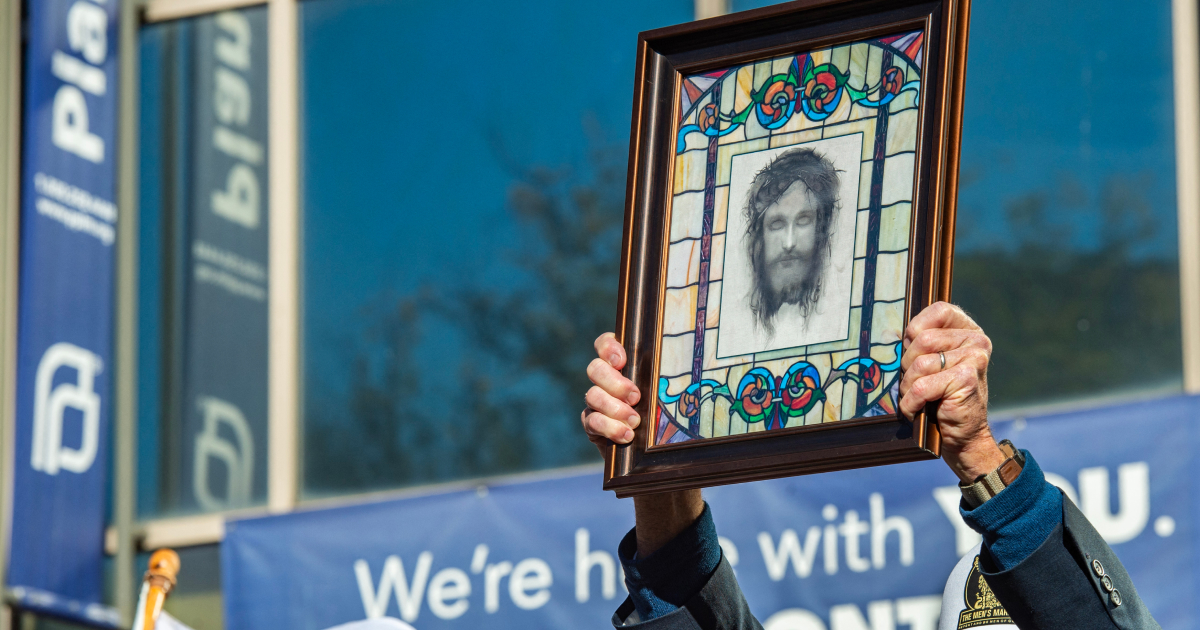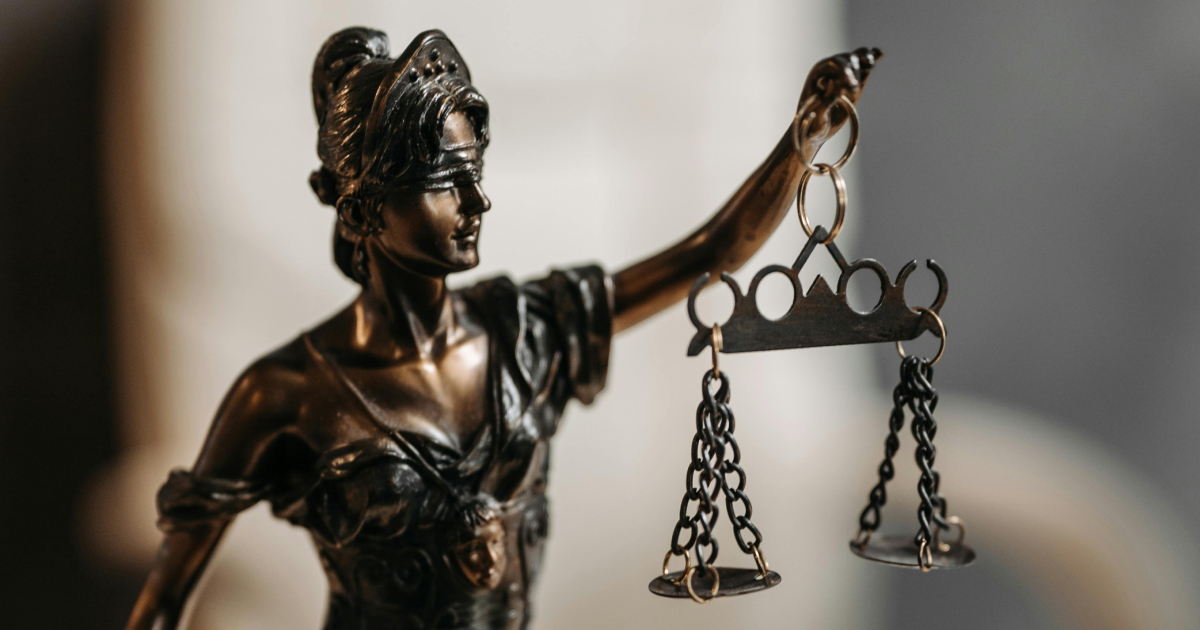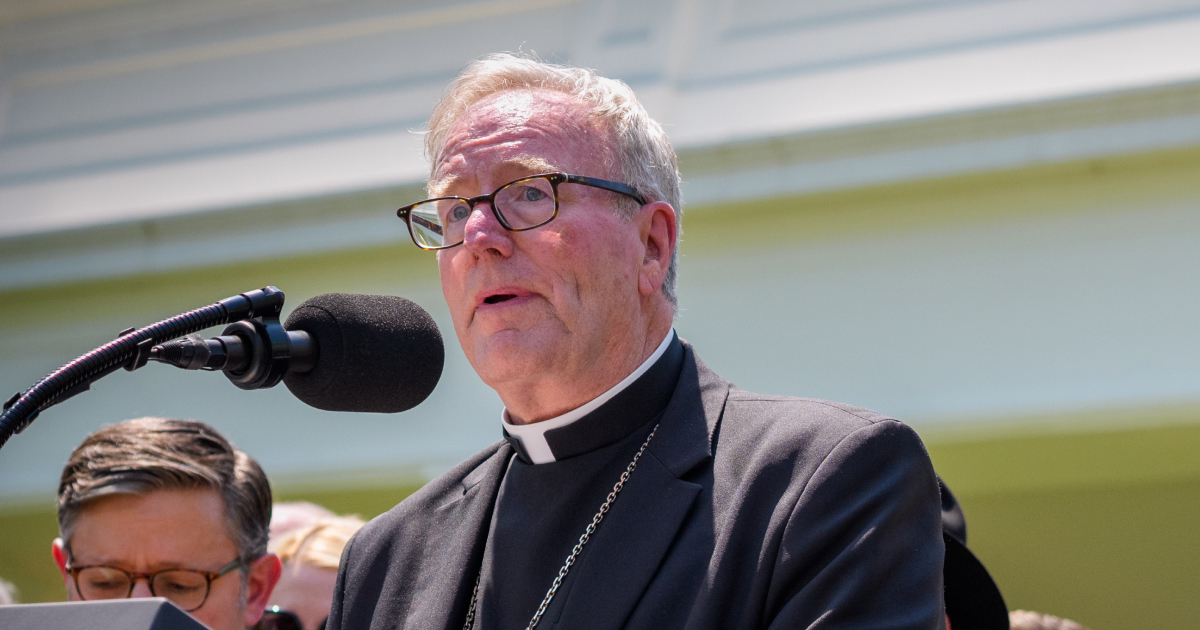A proposed special law to support the organisation of World Youth Day 2027 in Seoul has sparked controversy in South Korea amid claims it undermines the constitutional principle of religious neutrality.
The Special Act on Supporting World Youth Day Seoul 2027 has been under consideration in the National Assembly since November last year. If passed, it would provide the government with a legal framework for allocating public funds and resources to help manage safety, infrastructure and public services during the Catholic event.
Organisers expect one million participants, including 400,000 visitors from overseas, when the international gathering of Catholic youth takes place in August 2027. Pope Leo XIV has confirmed his intention to attend as a state guest, marking the first papal visit to Korea in more than a decade.
The initiative has been criticised by the Interreligious Reform Civil Coalition, a group representing various faith traditions and civic organisations. At a public meeting on 3 September, its secretary general Park Kwang-jae told the Union of Asian Catholic News that the proposed law “violates the principle of religious neutrality enshrined in the constitution” and warned it could “institutionalise preferential treatment for a particular religion”. Concerns were raised that the bill might allow the mobilisation of government budgets and resources, and even compel public bodies or private companies to provide assistance.
Father Joseph Young-je Lee, a representative of the World Youth Day organisers, rejected the accusations as unfounded. In a statement to UCA News, he said public funds would be allocated “solely for public purposes — such as safety measures, infrastructure, and public services — benefiting all citizens and visitors alike”. He stressed that the event “is not just a religious celebration but also a national and international event open to all youth, transcending religious boundaries”.
Lee noted that the visit of Pope Leo XIV “has the character of a state visit and requires thorough preparation at international diplomatic and protocol level”, requiring security measures beyond the capacity of the Church. He insisted that “under no circumstances would the special law compel private enterprises or individuals to provide financial contributions”.
South Korea is a largely secular country where about 51 per cent of the 52 million population profess no religion. Of the remainder, 31 per cent are Christian, with Catholics comprising 11 per cent of the total population, while 17 per cent are Buddhist.
(Photo by Wonsuk Choi/Getty Images)





.png)


